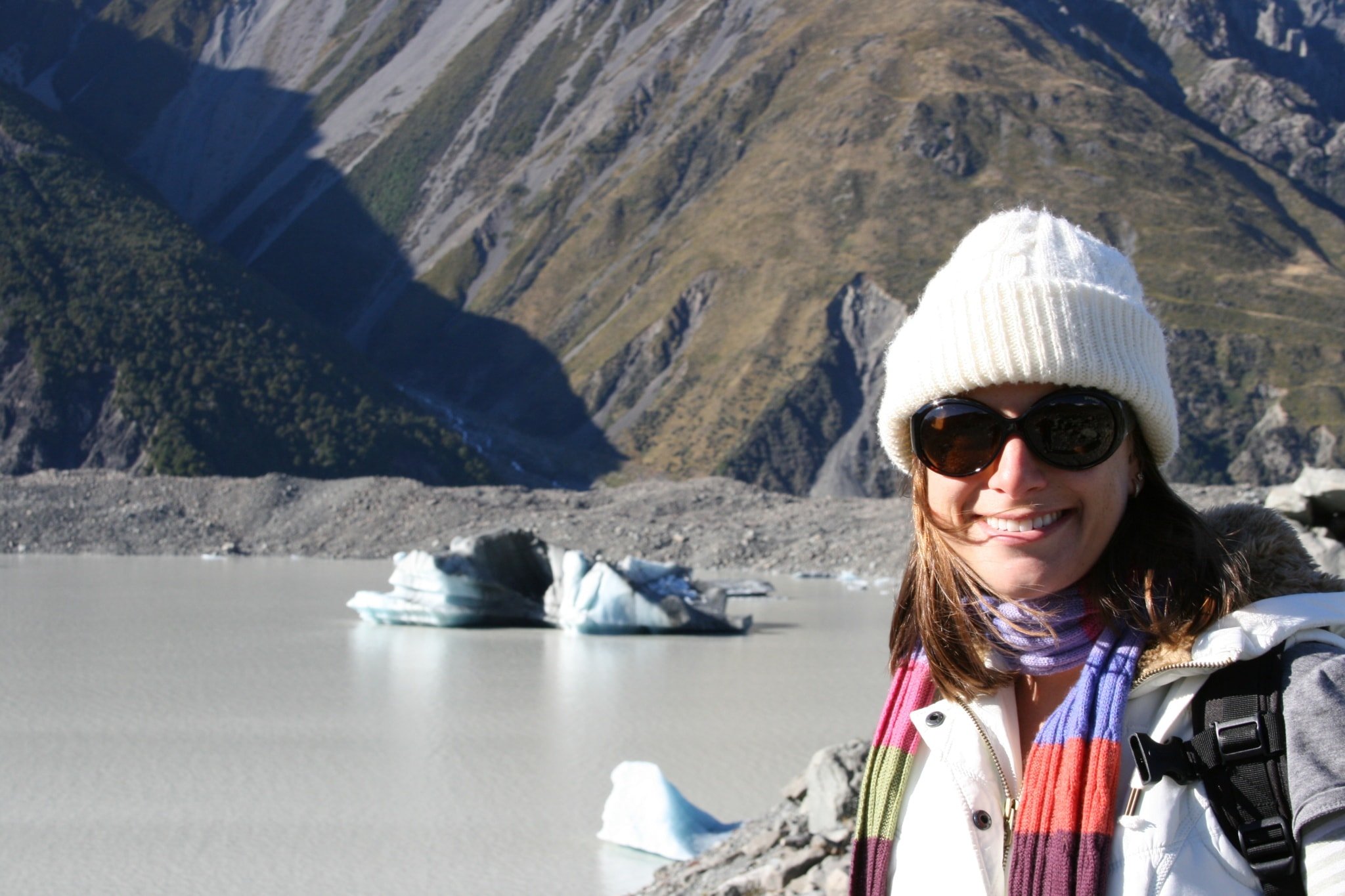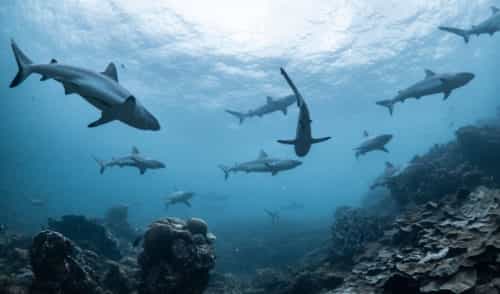Climate change is predicted to have a huge impact on our sharks

Dr Blake Chapman
Dr Blake Chapman

CORAL BLEACHING, warming air and water temperatures, increasing bushfire risk, disappearing sea ice, crazy anomalous weather… climate change is well and truly here.
Ocean acidification – a direct consequence of our excessive carbon emissions – is another major, but often less understood, concern for our marine animals.
As carbon dioxide in the air mixes with sea water, it sets off a chain reaction that causes an increase in hydrogen concentration (as well as other things) and a drop in ocean pH.
Curing fish with acid is a brilliant culinary strategy, but it is not something we want in our living oceans!
Generally speaking, wide-ranging marine animals are the ones that could be considered lucky in terms of their capacity to cope with the changing conditions. And so you might be tempted to think that sharks are relatively safe, but that’s not necessarily the case.
First of all, not all sharks are migratory; some are restricted to quite small home ranges – especially during their most vulnerable juvenile stages.
Others, including some of the larger species, are very slow-growing and give birth to relatively few young. As a result, these animals may struggle to adapt to changing conditions as quickly as is necessary.
But most of all, those species that are restricted to fresh water, estuarine and reef environments are considered to be the most vulnerable to climate change since they live in places that will see the biggest fluctuations and extremes in temperature, salinity and ocean currents.
There are also a number of less obvious, and in some cases quite strange ways that sharks could be impacted.
Unhealthy ecosystems
Sharks have no parental care after birth. They are generally born with some fat reserves, but need to start catching food themselves at least within the first few weeks of life. This means the conditions they are born into are really important.
Coral bleaching can have significant negative impacts on some species of sharks. Different corals bleach at different rates, and some of the most susceptible corals include the large ones with complex structures, such as staghorns.
The loss of these corals significantly changes the three-dimensional character of reef environments and reduces the hiding places for smaller fish and invertebrates.
For reef sharks, which are mid-level predators in these environments, this quickly translates into less prey.
The end result is a reduced abundance of high-quality food and more competition. Clearly, this would be an issue, especially for young sharks that would not be quite as competent in catching food.
Changes to who lives where
As water temperatures increase, there is a likely chance that animals will shift their ranges ‘polewards’ to stay comfortable. However, this strategy would, of course, only suit animals that are mobile.
We are already seeing examples of these shifts happening, for example, with bull sharks. These large, powerful, opportunistic predators that commonly use similar coastal, estuary and river waterways to us could start showing up in locations where we have not seen them before.
There are also implications around how the new ecosystems that the sharks move into would cope with shifting high-order species.
Many sharks rely on shallow coastal waters or estuaries as ‘nursery areas’ during their early years. The appearance of new, more powerful predators (such as bull sharks) in these environments could lead to other species being forced to move into less protected areas that might also not have the same amount of prey options.
Altered brain development
This is a really strange one, but it seems that behavioural lateralisation – which is the automatic favouring of the left or right side by animals in a given situation – is being impacted by climate change.
Behavioural lateralisation is actually really important in animals, and it can even be used as a measure of brain function and development. Fish tend to use their left eye and right brain hemisphere to interpret biological things, such as predators and mates, and emotional behaviours such as aggression.
The right eye and left hemisphere, on the other hand, are typically responsible for how they interact with physical objects in their environment.
While the topic of behavioural lateralisation is interesting purely in itself, it also has serious implications for animal wellbeing.
For example, it can offer advantages in multitasking situations where an animal is searching for food, but also looking out for predators.
Here’s the issue: increased water temperature and carbon dioxide concentration are messing with normal brain development.
Our understanding of how these water-quality changes will affect shark behaviour are still very preliminary, but research suggests that projected end-of-the-century temperatures will impact shark behavioural lateralisation.
It looks as if embryonic sharks are likely to develop faster, but at a cost of being born with a smaller brain and potentially less energy reserves.
Their decision-making ability could also be impaired. We’re yet to understand what this all means, but it doesn’t sound good.
Lost sensation
A quite alarming projected outcome suggests that fish of the future may become easier meals.
One study showed that orange clownfish raised in expected future pH and carbon dioxide conditions became confused as to who were the good guys and who were the bad guys (predators).
The fish were found to have lost the innate ability to fear predators. In fact, they were instead attracted to them. However, it’s not just the clownfish that could become very confused. Climate change could also impair the hearing and smelling capabilities of a variety of other marine animals, including reef fish and sharks.

